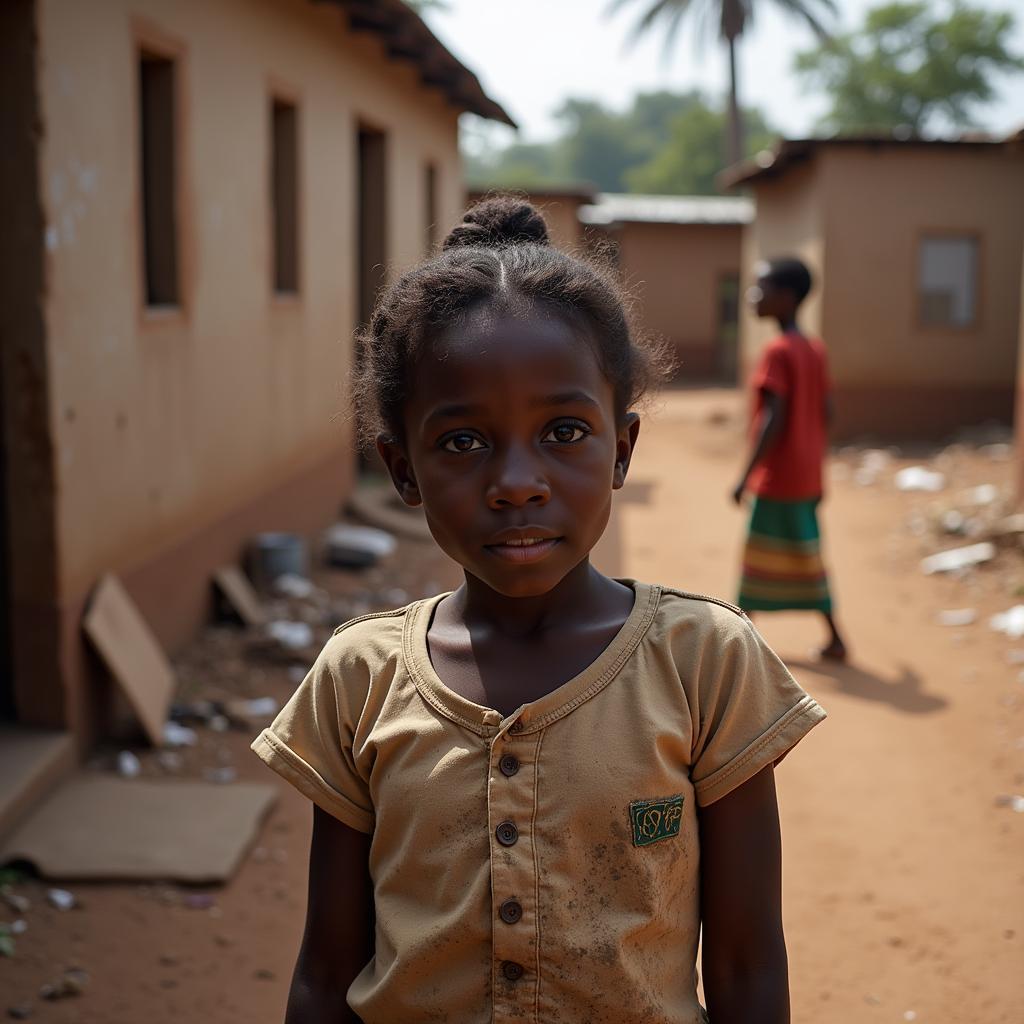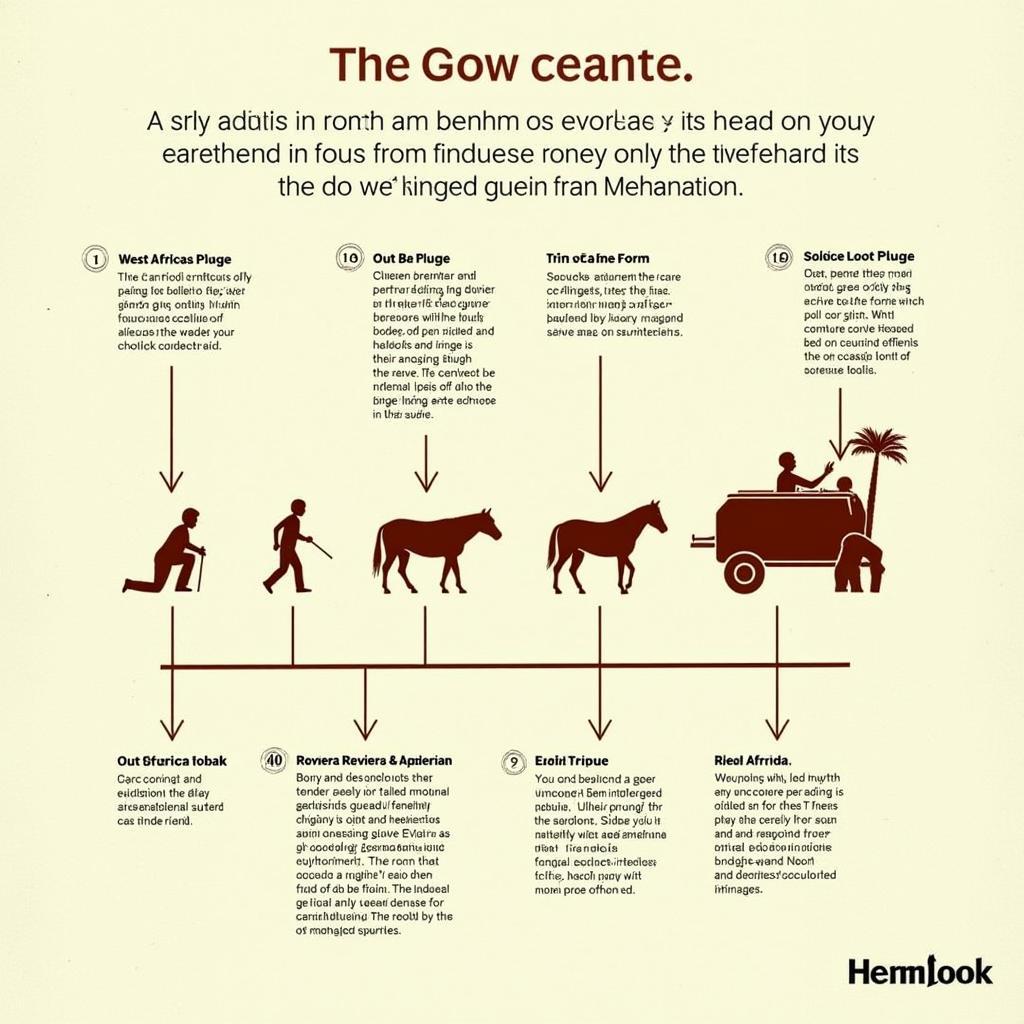Exploring the Rich Tapestry of African Countries and Peoples
Africa, the second-largest continent, is a land of astonishing diversity, home to a vibrant mosaic of cultures, languages, and traditions. When we delve into the heart of “African Countries People,” we embark on a captivating journey of discovery, uncovering the unique identities and stories that have shaped this remarkable continent.
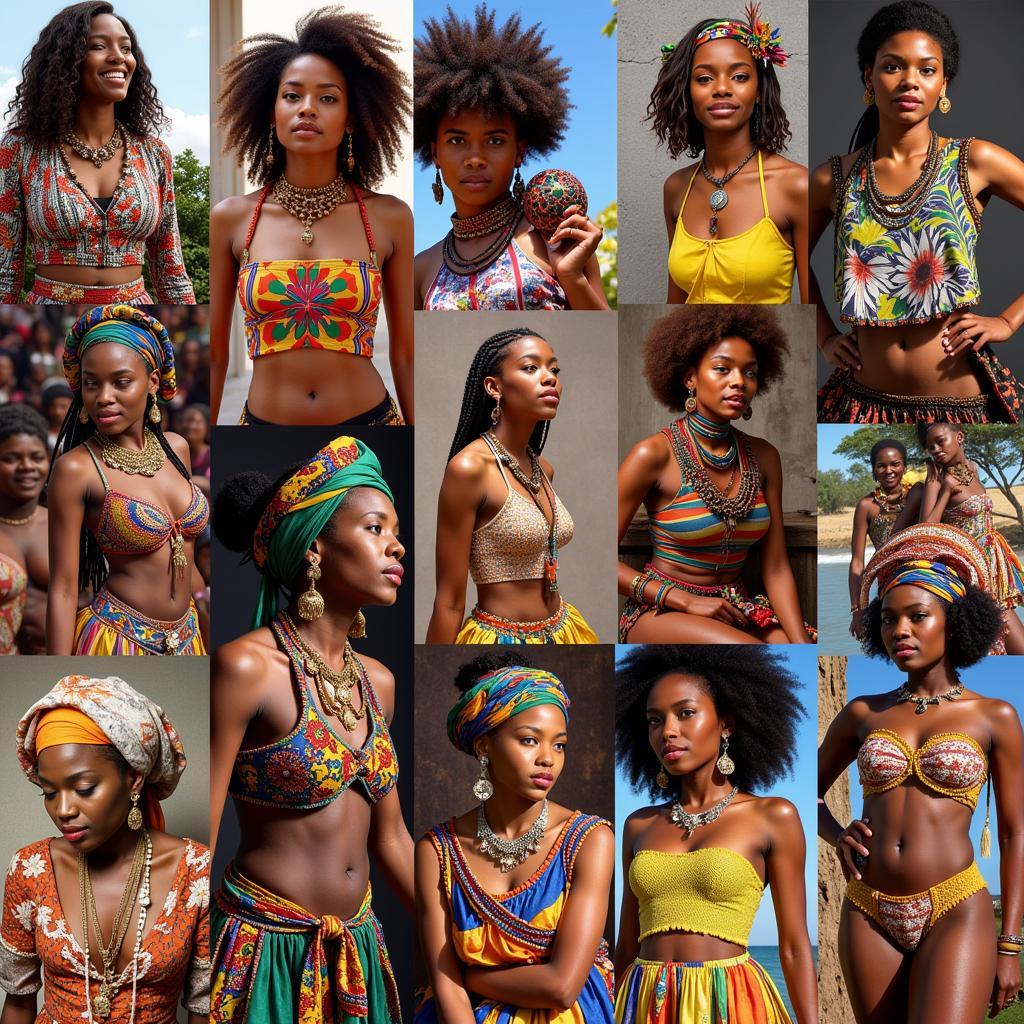 African Cultural Diversity
African Cultural Diversity
Unveiling the Misconception of Homogeneity
One of the most common misconceptions about Africa is its perceived homogeneity. It is crucial to understand that Africa is not a monolith but a continent comprising 54 distinct countries, each with its unique history, demographics, and cultural expressions. From the ancient civilizations of Egypt and Ethiopia to the vibrant cultures of West Africa and the diverse landscapes of Southern Africa, the continent offers a kaleidoscope of experiences.
For instance, while Swahili is a widely spoken language in East Africa, it coexists with a multitude of other languages, including Amharic in Ethiopia, Berber languages in North Africa, and the many Bantu languages spoken across the continent. This linguistic diversity is a testament to the rich tapestry of cultures that have thrived in Africa for centuries.
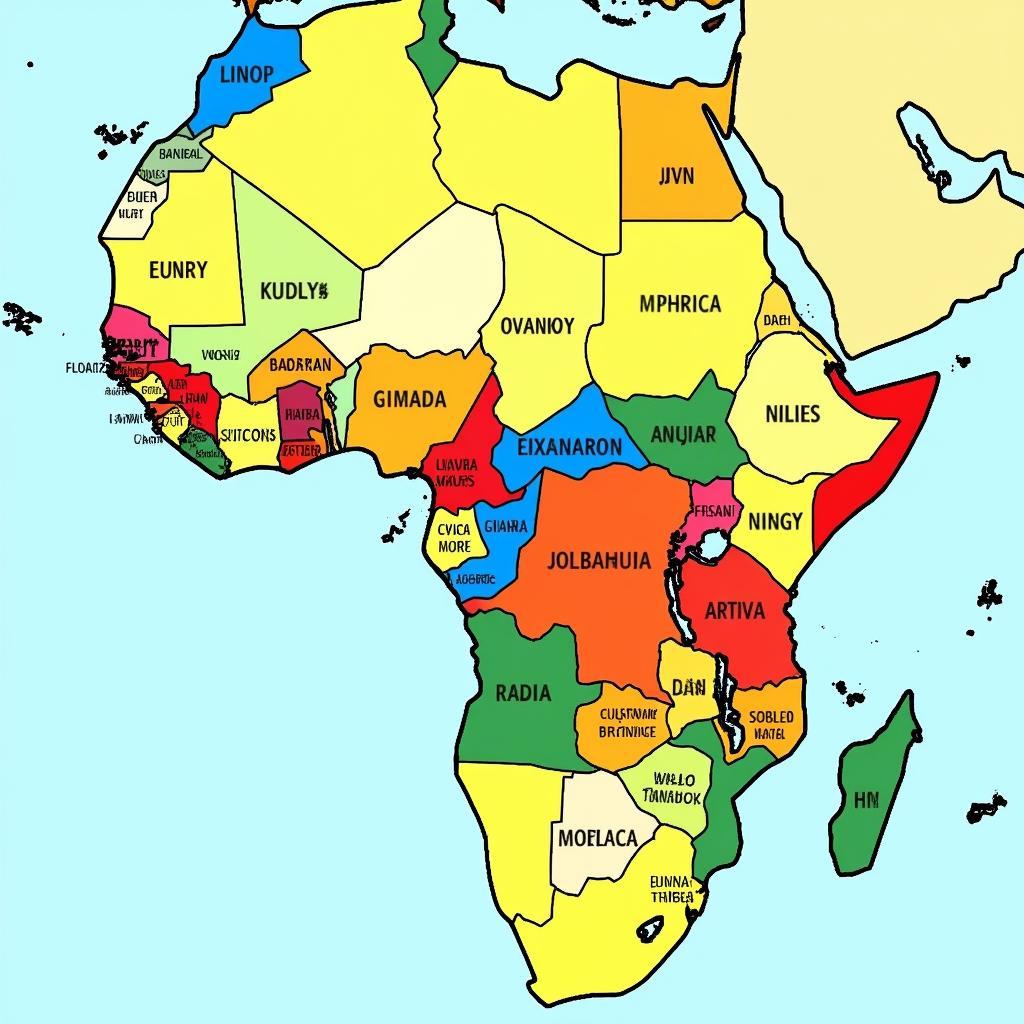 Map of African Languages
Map of African Languages
A Glimpse into the Cultural Kaleidoscope
Each African country boasts a unique cultural heritage shaped by its history, geography, and interactions with other cultures. Let’s explore a few examples:
- Nigeria: Renowned for its vibrant Nollywood film industry, Nigeria is a cultural powerhouse in West Africa. From the Yoruba people’s elaborate masquerades to the Igbo people’s intricate bronze casting, Nigerian art reflects the country’s rich heritage.
- Ethiopia: Home to the ancient Aksumite Empire, Ethiopia has a long and fascinating history. Its unique coffee ceremony, Orthodox Christian traditions, and stunning rock-hewn churches showcase a culture steeped in tradition.
- South Africa: Known as the “Rainbow Nation,” South Africa is a melting pot of cultures, boasting 11 official languages and a diverse population. From the indigenous San people’s ancient rock art to the vibrant music and dance traditions of its many ethnic groups, South Africa embodies cultural fusion.
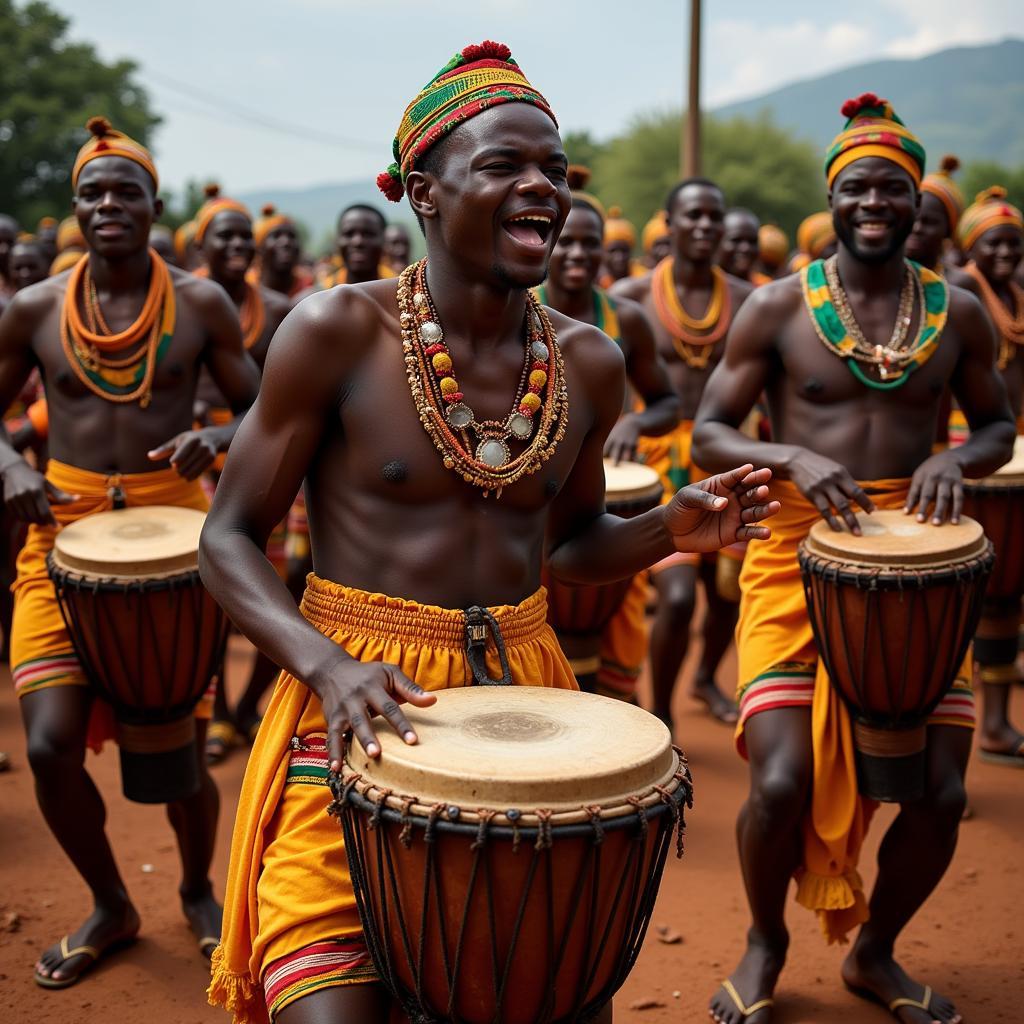 African Music and Dance
African Music and Dance
These are just a few examples of the incredible cultural diversity found within African countries. From the vibrant fabrics and intricate beadwork of Maasai artisans in Kenya to the rhythmic drumming and captivating storytelling traditions of West Africa, the continent is a treasure trove of cultural expressions.
The Importance of Respect and Understanding
As we celebrate the rich tapestry of African countries and peoples, it is essential to approach this exploration with respect and sensitivity. Avoid generalizations and stereotypes, and instead, embrace the opportunity to learn from the diverse perspectives and experiences of individuals from different African countries.
Resources like African countries peoples and Africans in New Zealand offer valuable insights into specific cultural groups and their stories. By engaging with authentic voices and perspectives, we can foster greater understanding and appreciation for the complexities of African cultures.
Embracing the Future of African Countries and Peoples
Africa is a continent on the rise, with a young and dynamic population driving innovation and change. By understanding the continent’s diverse cultures, histories, and challenges, we can contribute to a more informed and nuanced global dialogue.
Whether you are interested in exploring the vibrant arts and culture scene, the continent’s rich history, or the diverse perspectives of its people, Africa offers a journey of discovery unlike any other.
Remember, the beauty of Africa lies in its diversity. Embrace the journey of learning and understanding, and you will discover a continent brimming with wonder.
For further information on specific African countries and their capitals, visit our comprehensive guide: African countries and capitals wiki.

